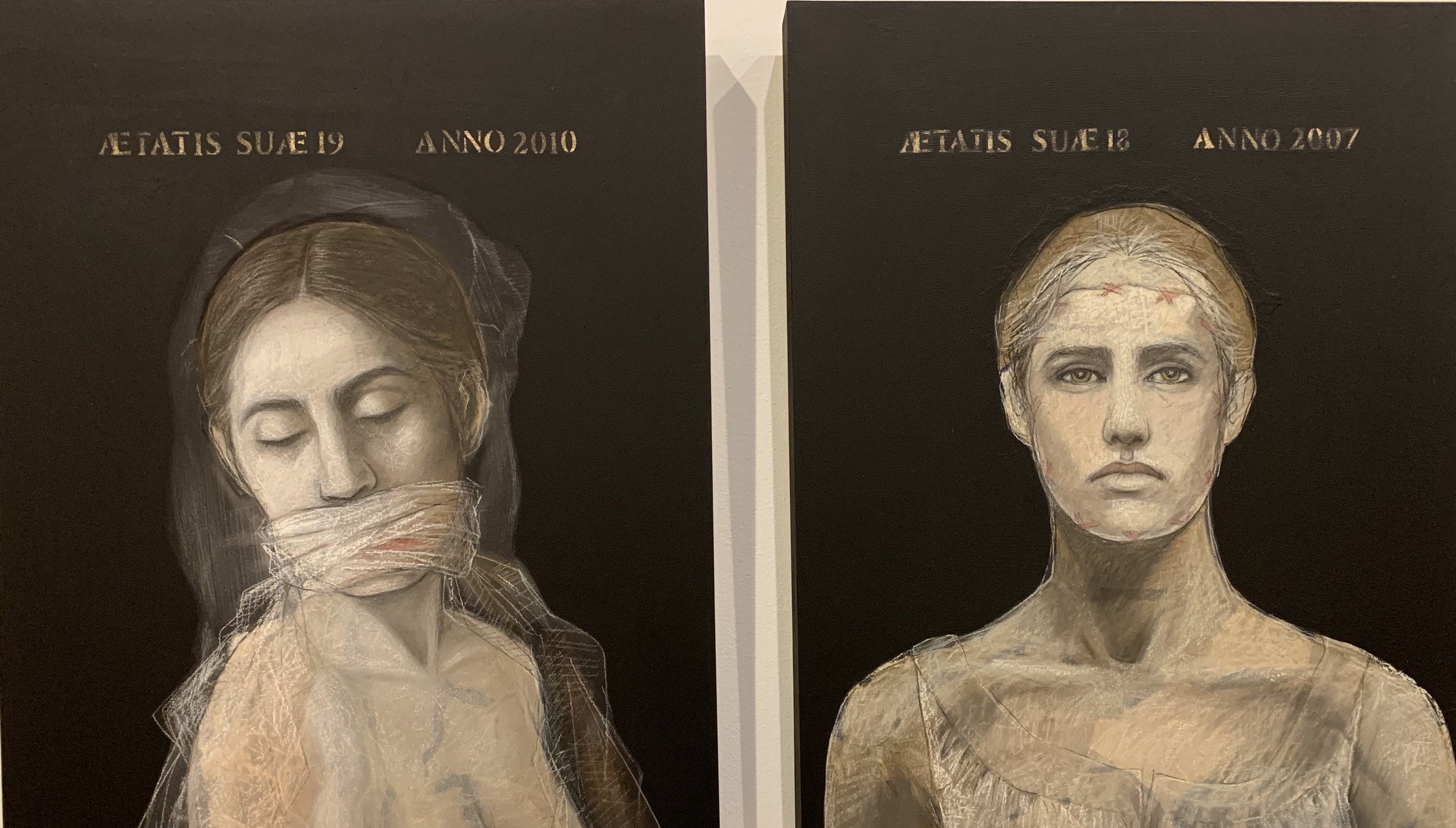I Don't Remember My Trauma - Can I Still Heal?
I Don't Remember
When people say they don’t remember much of their childhoods, we’re not talking about a poor ability to remember. We’re usually talking about trauma. And it’s not uncommon that people have a sense that something happened to them, but they don’t know what.
Your Body Tells the Story
Instead of a memory, often one can feel the fingerprints of trauma through symptoms.
The sense might show up as:
Emotional reactivity
Anxiety, sleep problems, nightmares, avoidance of people, places, activities, emotional numbness,
Physical symptoms
Panic attacks, stomach aches, chronic pain, autoimmune diseases
Negative beliefs about oneself or the world
I am unlovable. I can’t trust anyone. There is something wrong with me.
A hunch, an intuitive hit
What is Dissociation?
Sometimes the feelings of powerlessness, fear or pain are just too much to tolerate. This experience of not remembering is called dissociation, feeling disconnected from your experience. It can feel like an out-of-body experience or show up as a lack of memories. In the short-term it protects us from the trauma and lowers fear, anxiety and shame.
Gabor Maté commented in a podcast, “What trauma is, fundamentally, is a disconnect from self and a disconnect from body. Why do people disconnect? Because it’s too painful to be connected.”
But it can also become our default coping strategy, which leads us to continued helplessness and hopelessness, being forever under the influence of our trauma. Long-term, it can lead to a disconnect from our true selves and our history.
Trauma is Held in the Body
Trauma is not in the event. People respond differently to the same event; one person can come out relatively unscathed and another can be devastated. The trauma is in the nervous system overwhelm.
Hope for Healing
Fortunately, with cutting edge trauma therapies, when conscious memories are lacking, we can work from emotions, physical symptoms and negative beliefs. That’s a lot of information to work with.
We call this “working from the bottom up.” A top-down approach is to focus on cognitive processes, while a bottom up approach focuses on sensory input. We go to the body to tell us the story; not the literal story, but the story as it is felt.
You may or may not remember what happened, but healing can happen anyway. The therapeutic goal is not to remember exactly what happened, but to feel better in your body, to be able to connect to yourself and others and to feel safer in the world.

